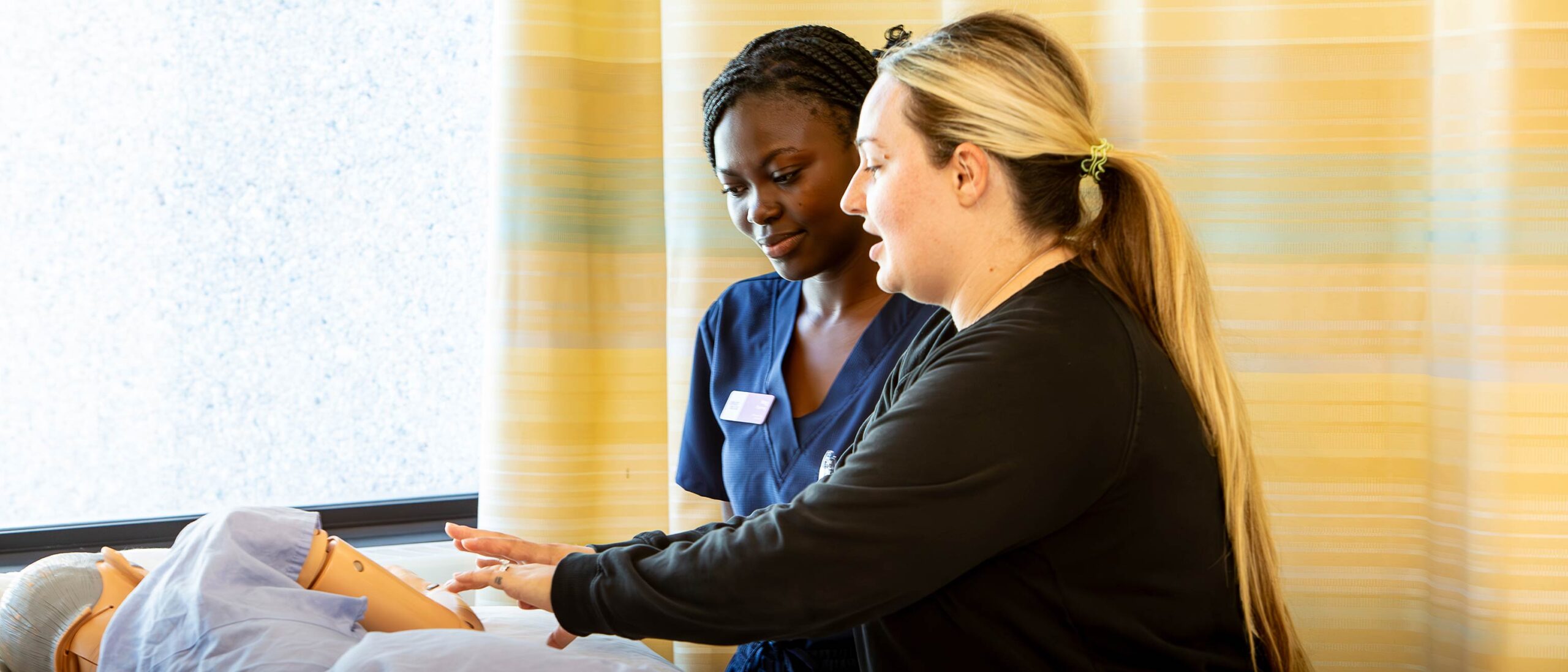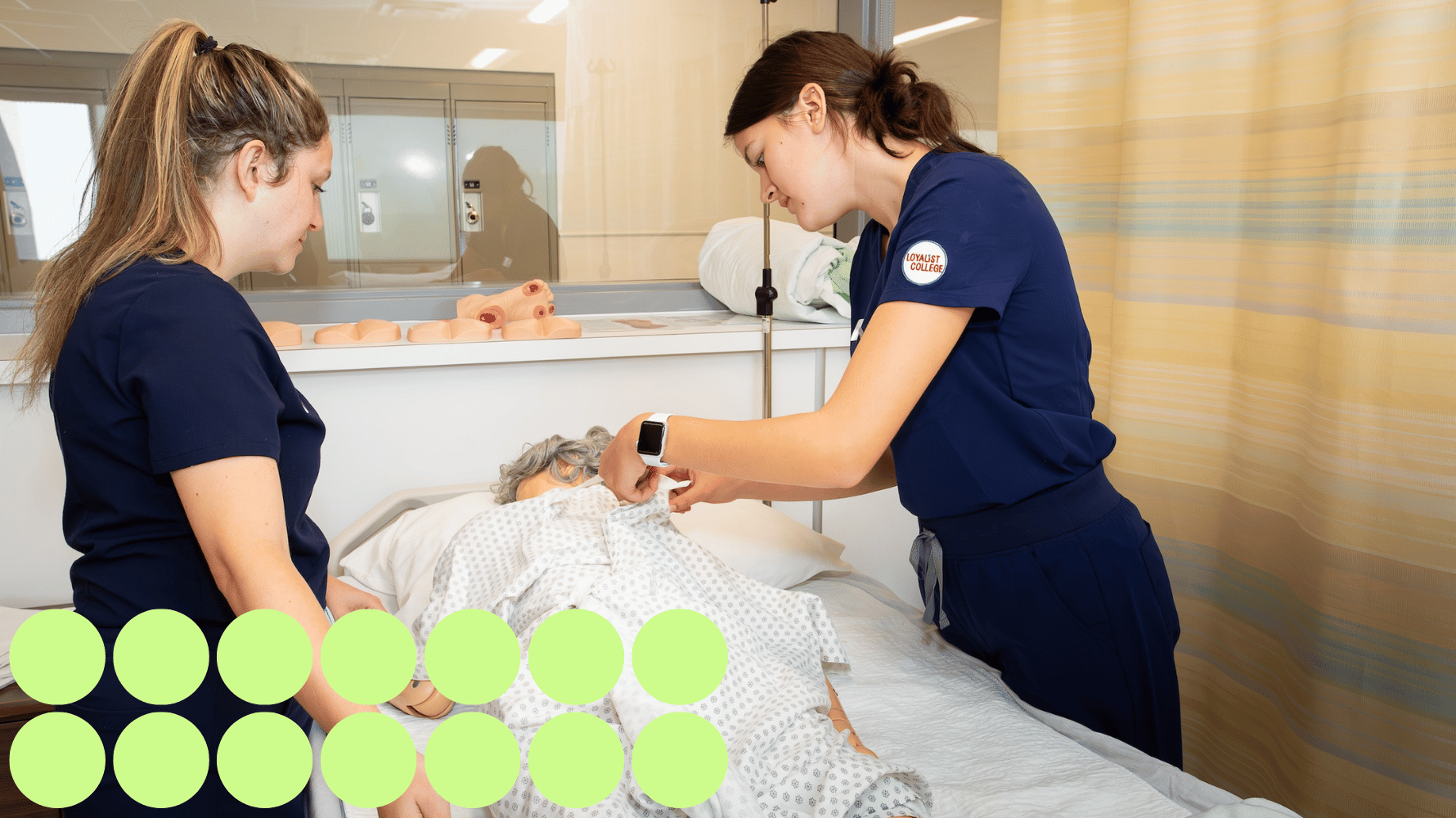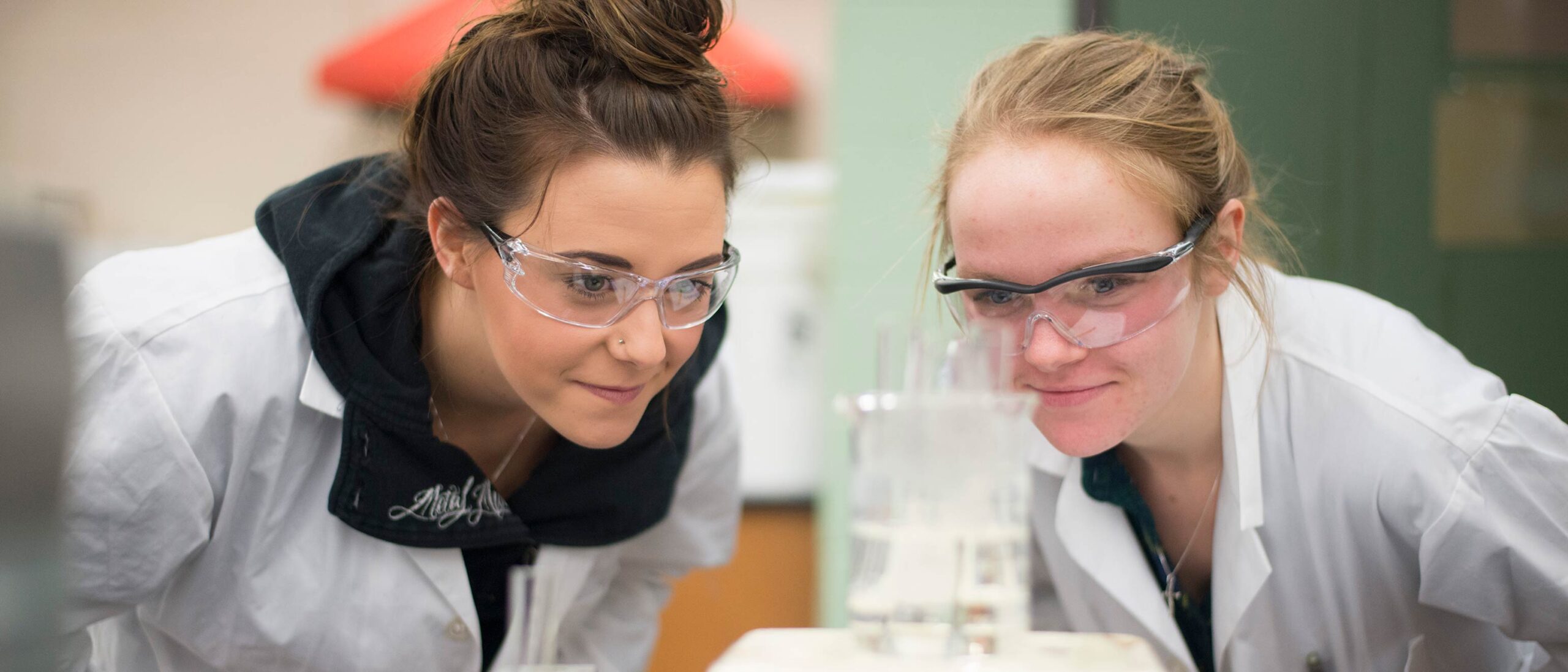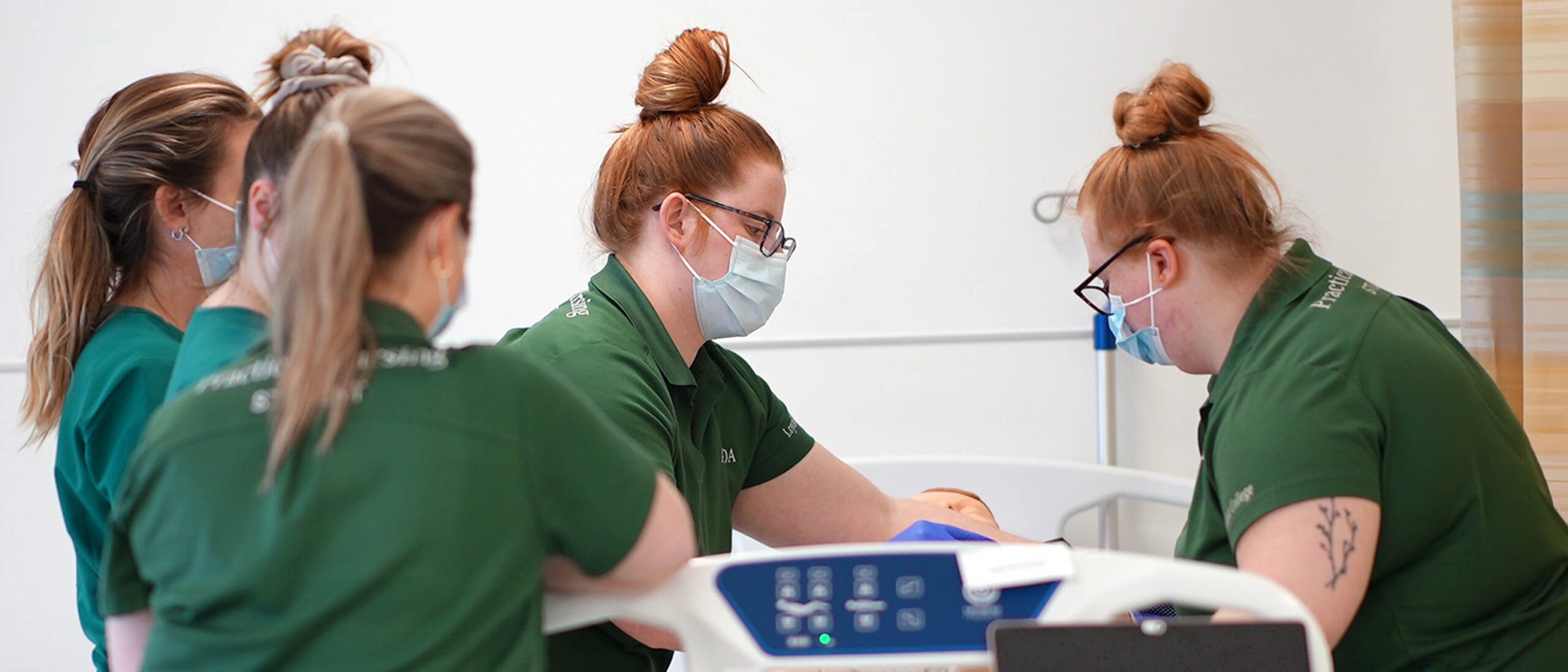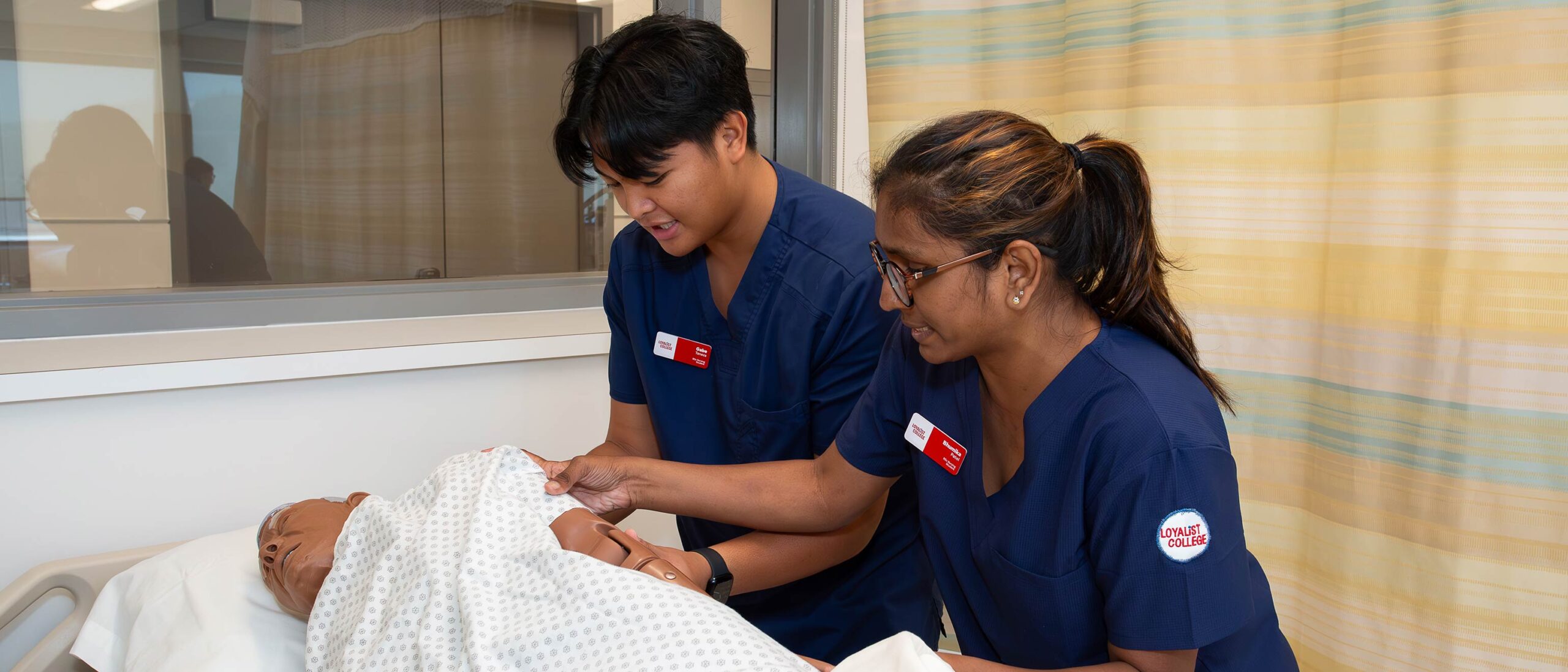Find your career
The Bay of Quinte region has a chronic shortage of registered nurses. The demand for nurses is anticipated to grow and accelerate over the next few decades. This pattern is projected throughout Ontario and across Canada as the demand for registered nurses increases in proportion to the country’s aging and growing population. Graduates of the Honours Bachelor of Science in Nursing degree program will find their skills are in demand throughout the health care sector.
Nurses provide care for patients in all conditions, at all stages of life – from prenatal health to palliative care – in diverse settings:
- In hospitals, specializing in surgical and postsurgical care; emergency; intensive care; care of the childbearing family and children; geriatrics; cardiovascular care; oncology (cancer); and mental health.
- In rehabilitation centres, hospices, primary care offices, nursing homes, and community agencies providing home care.
- In public health units, schools, as well as providing Telehealth, workplace wellness programs, family planning and baby wellness clinics.
- In research and progressive leadership positions in various sectors, including government and postsecondary institutions.
Is it for you?
A career in nursing is both challenging and rewarding. People of all ages can thrive in this program. They must be:
- Passionate about helping others.
- Committed to lifelong learning
- Driven to make a difference in the health of individuals, families, and communities.
- Proficient in math and science.
- Mature and reliable.
- Effective communicators.
- Able to work as part of a team.
- Responsive and open to feedback
Graduates earn a BScN credential that meets the College of Nurses of Ontario requirements, qualifying them to write the National Council Licensure Examination (NCLEX) and register as a registered nurse (RN) in Canada and the US.
Loyalist College has been granted consent by the Minister of Training, Colleges and Universities to offer this applied degree for a seven-year term starting December 16, 2021. The College shall ensure that all students admitted to the above-named program during the period of consent will have the opportunity to complete the program within a reasonable time frame.

